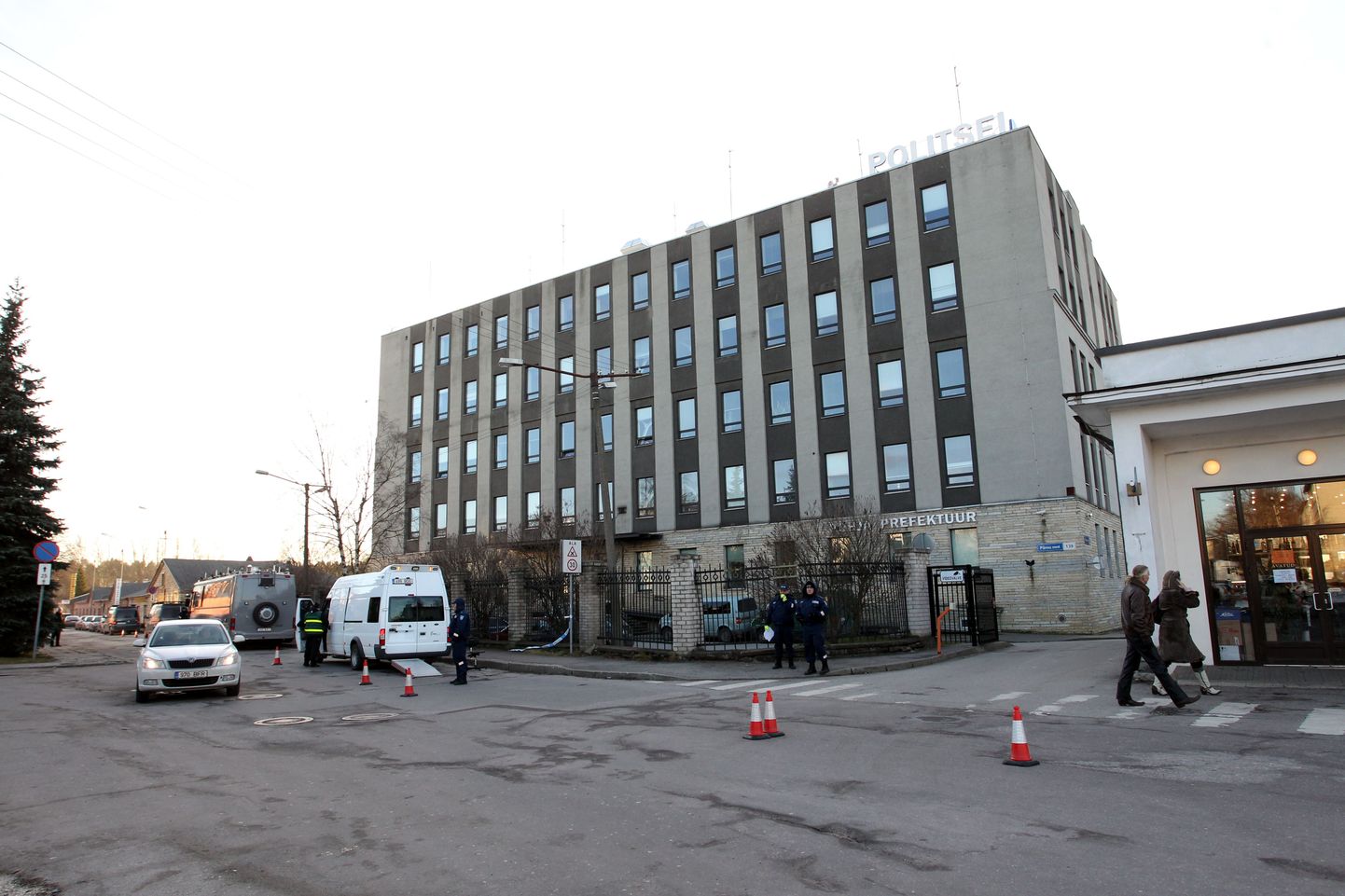
Come October, whoever retains criminal policeman status will be under central prefecture service. Proceeders will answer to local police department heads.

Come October, whoever retains criminal policeman status will be under central prefecture service. Proceeders will answer to local police department heads.
Winds of change are blowing at the police, as grandest criminal police reform in the newly independent Estonia kicks into gear. In the process, about 400–500 current criminal policemen lose their status, turning into «proceeders» (i.e. staff conducting proceedings) at departments.
The idea is simple: all officials directly involved in investigation and detecting of crimes will remain criminal policemen. Those not directly dealing with covert investigation and planning of investigation tactics, will become proceeders.
Simply put: a policeman who communicates with sources of information, analyses video recordings taken near crime scene, and carries out other investigative activities, will remain a criminal policeman even after October. A police officer who mostly sits at the department and processes crime reports brought to him, will in October turn into a proceeder.
«The change means that close to half of those that today are called criminal policemen will be persons performing proceedings under local departments. The name «criminal police», however, will in times to come mean what ordinary people would assume it to mean – people investigating complex and grave crimes, solving drug, corruption and economic crimes, investigating groupings, money laundering, complicating murders,» explained the engine of the reform, Police and Border Guard Board (PBGB) chief Elmar Vaher.
Criminal policemen will work under central command. The couple of criminal policemen remaining in Saaremaa, for instance, will be under Western Prefecture located in Pärnu. The proceeders will work under local department heads who will have the right to direct fight against minor offences.
The reform is aimed at strengthening local community centred police units and provide these with more independence and right to decide.
«Every county in Estonia is worthy of strong local police. We will provide the departments extra power, department heads will be over all police and border guard activities. The exceptions will be external border control and fight against organised crime,» said Mr Vaher.
According to Central Criminal Police head Indrek Tibar, nothing is being changed just to change something. «In the future, police will be grounded on strong county police departments,» said Mr Tibar. «If we desire a strong community based police, we need to give department heads better levers to guarantee security.»
According to Mr Tibar, the proceeders will be solving crimes and, if need be, the more serious misdemeanours, based on the problem itself and not the legal limit between a crime and a misdemeanour. «Such an approach will provide for a better picture, locally, also revealing what actually serves to enhance crime [in the area].»
According to him, an inflexible line between criminal and law/order police would sometimes mean that with a theft of €63, one person will deal with the issue, and with €65 another one is called (the current criminalisation threshold) from the ranks of criminal police.
This week, Mr Vaher and Mr Tibar will work hard to introduce the reform in prefectures. It has not yet been published how the change affects salaries.
«When it comes to salaries, I can promise that next year it will rise for criminal policemen and proceeders alike. True, the wage rise will not be as big as we’d like it to be,» said Mr Tibar.
Comment
Indrek Tibar, Central Criminal Police head
Criminal Police will keep on fight with serious hidden crime where, as opposed to drunk driving for instance, the circumstances are far from clear at the beginning. These cases often require involvement of analysts, long term covert investigation etc. This will be performed by central units at criminal police and the four prefectures.
I realise that in many policemen, the change may give rise to an inner identity issue – after having been a criminal policeman for years, how can I now be a proceeder at county police? Even so, for me the problem does not exist. Identity is not based on the title, it is based on what we can do to ensure security in the area. What matters, after all, is that police would be known as one who helps people, and the mark of identity is a person’s skill.